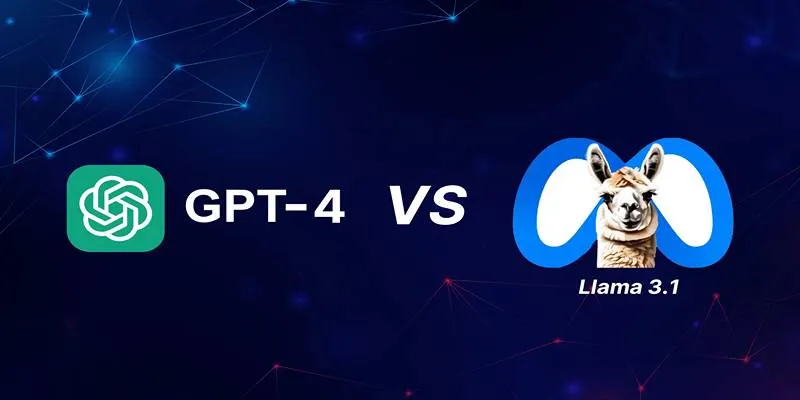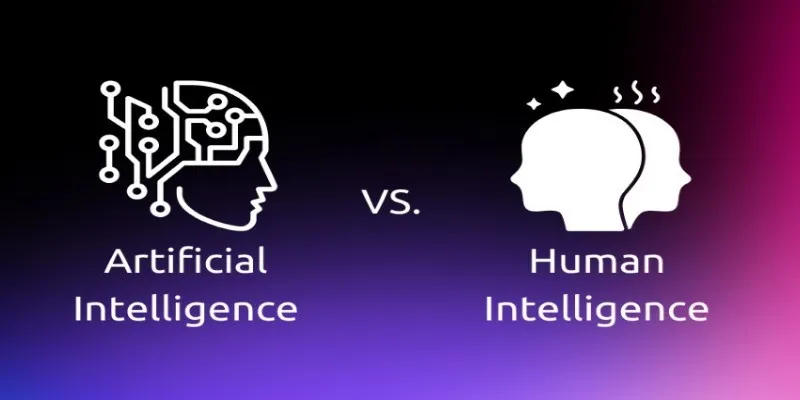Today, quantum computing and artificial intelligence (AI) are two of the most groundbreaking technologies advancing at a rapid pace. Each field has the potential to make significant advancements independently, but their integration could revolutionize various sectors of science, business, and society. Quantum computing could enhance AI systems, making them faster and more powerful than ever before. This post explores how this synergy could unfold.
What Is Quantum Computing?
Quantum computing leverages principles such as superposition and entanglement to process information more efficiently than traditional computers. While conventional computers use bits (0 or 1) for data processing, quantum computers use qubits, or quantum bits, which can exist in multiple states simultaneously. This capability allows quantum computers to perform complex calculations and manage large datasets concurrently, offering significant speed advantages in problem-solving, particularly for tasks that are infeasible or time-consuming for classical computers.
Understanding Artificial Intelligence
AI, or artificial intelligence, involves creating smart systems capable of learning from data, recognizing patterns, and making decisions autonomously. Some common AI applications include:
- Voice assistants like Siri and Alexa
- Self-driving cars
- Recommendation systems on Netflix and YouTube
- Fraud detection in banking
AI improves by learning from experiences, processing extensive datasets, identifying patterns, and refining its predictive accuracy over time.
The Intersection of Quantum Computing and AI

Integrating quantum computing with AI could unlock unprecedented possibilities, transforming algorithms and machine learning models. Quantum computing can exponentially accelerate AI processes, reducing the time and resources needed to analyze complex datasets, thereby achieving insights more accurately and swiftly.
Enhanced Machine Learning Capabilities
Quantum computing promises significant advancements in machine learning by drastically improving computational speed and precision. Currently, machine learning models require substantial resources to process large volumes of data. Quantum computing could alleviate these constraints, enabling accelerated data processing and more precise predictive modeling. For example, quantum-enhanced machine learning could significantly advance natural language processing (NLP), empowering virtual assistants and chatbots to interact more naturally and effectively with humans, thus improving customer service and accessibility.
Key Advantages of Quantum Computing in AI
Improved Data Analysis
Quantum computing can rapidly analyze and interpret vast and complex datasets, uncovering insights and patterns that classical computers might miss or take too long to identify. Quantum-powered AI can thus provide superior forecasting in areas like weather prediction, financial market analysis, and personalized medicine.
Enhanced Problem-Solving Abilities
Quantum computers excel at solving complex problems involving numerous variables. When applied to AI, quantum technology could optimize logistics, streamline supply chain management, and address sophisticated traffic management challenges. Quantum-enhanced algorithms can provide solutions in seconds, significantly faster than traditional computing methods.
Advancing AI Algorithms
Quantum computing could lead to groundbreaking AI algorithms that surpass current capabilities. Quantum neural networks, for instance, can identify and process complex data patterns quickly and accurately, resulting in more insightful and effective AI systems. This could significantly enhance AI’s ability to interpret data and make critical decisions in real-time scenarios.
Real-World Applications of Quantum AI
Healthcare
The combination of quantum computing and AI could revolutionize healthcare, particularly in drug discovery and personalized medicine. Quantum AI can rapidly process extensive genetic datasets, identifying new drug candidates and personalized treatments tailored to individual genetic profiles. Such advancements could significantly improve treatment efficacy, reduce healthcare costs, and save countless lives.
Finance
Quantum AI promises substantial benefits to the financial sector, particularly in boosting predictive analytics and risk management. By quickly analyzing large, complex datasets, quantum-powered AI could optimize investment portfolios, detect financial fraud more accurately, and provide robust market predictions. Financial institutions could leverage these insights to mitigate risks, enhance profitability, and improve strategic decision-making.
Cybersecurity
In cybersecurity, the pairing of quantum computing with AI could significantly bolster defenses against cyber threats. Quantum algorithms can swiftly and accurately identify unusual activities and potential cyber threats, enabling immediate, automated responses. Quantum-enhanced cybersecurity systems could effectively counter sophisticated cyber-attacks, better protecting sensitive data.
Transportation and Logistics
Quantum AI holds the potential to revolutionize transportation and logistics by optimizing routing, fleet management, and scheduling. Quantum algorithms could quickly analyze traffic conditions, shipment tracking data, and delivery schedules to devise optimal routing strategies, significantly reducing operational costs and enhancing efficiency.
Challenges and Roadblocks
Despite the promising possibilities, the integration of quantum computing and AI faces several hurdles :
- Technological Complexity: Quantum technology is still in its early stages, with current quantum computers limited in scale and availability.
- Resource Requirements: Quantum systems require precisely controlled conditions, such as extremely low temperatures and isolated environments, complicating their widespread adoption.
- Algorithm Development: Developing quantum-compatible AI algorithms is technically challenging, requiring extensive research, experimentation, and new skill sets within the workforce.
The Future: Quantum and AI Together

The synergy between quantum computing and artificial intelligence could usher in a new technological era, profoundly affecting almost every aspect of modern life. Continued research and investment in quantum technology suggest immense innovation potential across industries such as finance, healthcare, cybersecurity, and transportation.
Conclusion
The combination of quantum computing and artificial intelligence holds remarkable potential to reshape technology, industry, and society. By harnessing quantum speed with AI intelligence, we could embark on a future characterized by unprecedented efficiency, predictive accuracy, and innovation. Although significant challenges remain, the transformative potential of quantum AI offers a compelling vision for a smarter, more interconnected world.
 zfn9
zfn9























